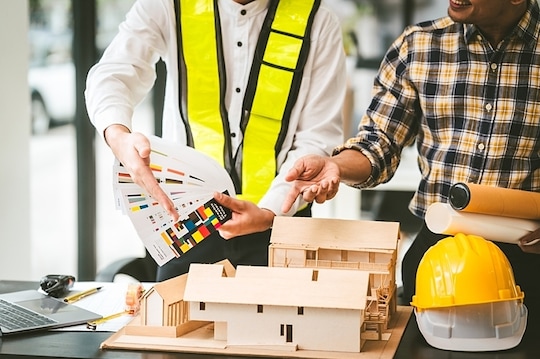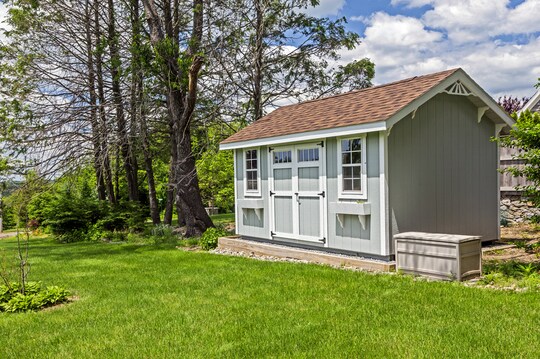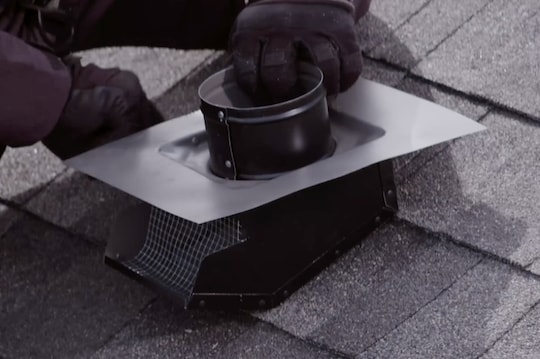
Replacing your roof when it's necessary is a smart investment to help increase your property's value-not to mention protect your home from the elements. But figuring out the bottom line on a new roof can be confusing. While a reputable contractor should provide you with an estimate that's as close as possible to the ultimate price, the two aren't exactly the same.
Read on to understand what you can expect from a roofing cost estimate, and learn about some situations where the estimate and final price might differ.
Estimating the Cost of Your New Roof
A roofing cost estimate is a professional's written guide to how much you are likely to pay for a roof replacement. Often, you'll get a range of bids-at no cost to you-from individual contractors. These estimates should include breakdowns for labor, materials, building permits, dump fees, and taxes. A roofing cost estimate may also outline an approximate project timeline.
Installation price estimates might vary depending on the size of your roof and the materials you choose. As part of your due diligence, you may want to get multiple quotes from different contractors to ensure you feel comfortable that you're choosing the best fit for your project.
You could also request multiple bids from the same contractor. For example, if you're undecided about which roofing style to choose from, your contractor may prepare two or three different estimates detailing the costs related to each option.
Factors that Can Drive Up Your Roof's Final Cost
While a contractor will do their best to calculate how much your roof replacement will cost, it's not uncommon for there to be some discrepancies between the roofing cost estimate and the final bill. That's because contractors may find a few surprises once work has begun, especially if your roof has leaked in the past or sustained damage from a storm.
The condition of your old roof may also add costs to your project. Rotten roof decks, rafters, or trusses are sometimes discovered after the old roof layers have been removed. Damaged gutters, fascia, and soffits can impact the project's cost, too. All of these elements must be repaired before your new roof can be installed, and the final price could be higher than the estimate due to the increased labor and materials that are required.
Other factors that could potentially increase your final costs include a roof that's difficult to access or that has a very steep pitch; a roof with many tear-off layers; and a complex roof that has a lot of corners, skylights, vents, or chimneys.
If you're surprised by the final price of your roof replacement project, don't hesitate to speak with your contractor about it.
Be Proactive with Your Contractor
Clear communication with your roofing contractor is essential to a smooth and trouble-free project. To avoid any potential misunderstandings, be sure to ask questions or get clarification when you're presented with your roofing cost estimate, and ask for frequent updates throughout the project so you know of any discoveries that could affect your final cost. When the replacement is finished, have your contractor go over each item listed on the invoice so you understand where any cost overages came from.
A roof replacement is a big financial investment, but your new roof can provide peace of mind for many years to come. If you're ready to get an estimate on your replacement project, click here to browse GAF-factory certified contractors in your area.*
*Contractors enrolled in GAF certification programs are not employees or agents of GAF, and GAF does not control or otherwise supervise these independent businesses. Los contratistas pueden recibir beneficios, como puntos y descuentos de recompensa por lealtad en herramientas de comercialización de GAF por participar en el programa y ofrecer a GAF garantías mejoradas, que requieren el uso de una cantidad mínima de productos de GAF.



